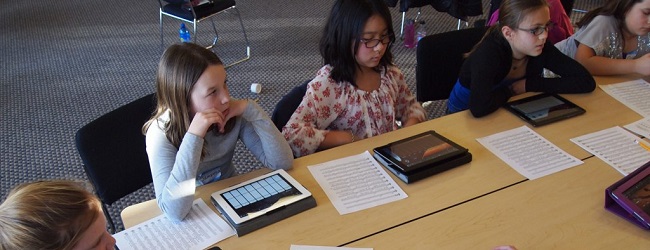It can be easy to forget that a child’s mind works in a wildly-different way to that of an adult. DesignBox Architecture director Philip Wells was reminded of this when he ran a series of creative workshops at a London primary school...

Children learn very quickly. Their learning patterns are led by their conceptual thoughts at first, and then by experience as they get older. When children are faced with new challenges, their thinking methods are not confined to established preconceptions of how things should look or work. Instead they are more fluid, often very confident and usually unique.
Some time ago, the school I was working in decided to move to longer lessons in order to allow more time for in-depth learning, and to solve some practical problems related to rooming and movement around the school. Initially, these lessons became doubles – two hours – and eventually, the school moved to a three lesson day of 1hr 50 mins per lesson. Many schools are doing the same thing. The problem, though, is that you can’t just roll two lessons into one. You have to start rethinking the way you conceptualise a lesson from start to finish.
Until writing this article, I had assumed that Halloween in America and in the UK were very similar. However, it has been brought to my attention by Mr. Cain, the editor of Innovate My School, that “Americans make British Halloweens look massively understated”. This fills me with a bit of pride. It is my hope to shed light on American Halloween in education by using bits of my own experiences as a student from College down to grade school, and also from my first year of teaching. This being my second year of teaching, and Halloween being upon us, I can only hope that it will be as much fun for the students.
When it comes to the final days of the last term before summer, it’s good to have fun activities in mind. Instead of sticking on Ice Age 3: Dawn of the Dinosaurs, consider what different websites might offer. Cricksoft’s Danielle Bayes gives her top resources on making enjoyable end-of-term activities.

From previous experience, the last week or two of the school term is when the timetable can become a little looser than usual, and teachers can easily find themselves with the odd 30 minutes in the day with nothing planned.

A community-driven platform for showcasing the latest innovations and voices in schools
Pioneer House
North Road
Ellesmere Port
CH65 1AD
United Kingdom